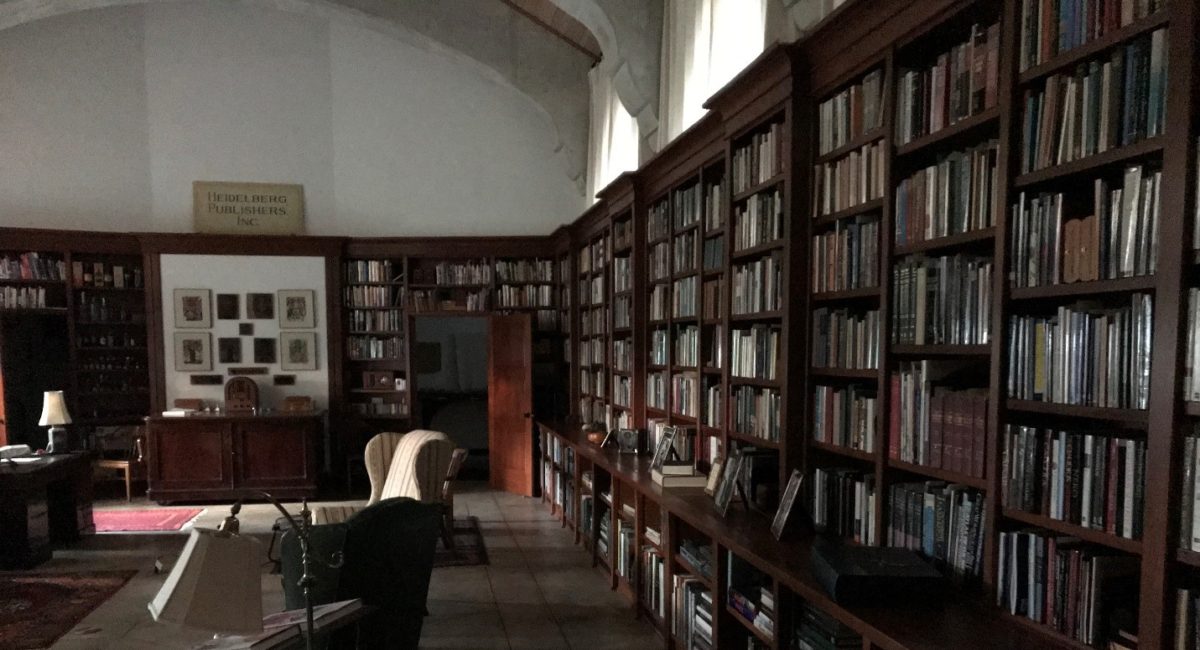Rambling through Shakespeare’s sonnets this morning I came across Sonnet 147, and to my surprise it rang stunningly fitting to our historical moment. The sonnet, of course, is about a lover whose beloved not only is underserving of his loyalty and affection but is actually destructive to him personally. And yet he persists in his loyalty to his beloved even though it will mean his own destruction.
Yes, I’m thinking about Donald Trump’s enablers, whether in Congress, or in the corporate world, or in the cities, towns, and communities throughout this country. All of them loyal to him still, even in the face of his destructive course to the end.
What we see happening with Trump’s loyal enablers, and with the loyal lover of this sonnet, is one of the many mysteries in the contradictions of human nature: Why do we sometimes embrace our own destruction?
My love is as a fever, longing still
For that which longer nurseth the disease;
Feeding on that which doth preserve the ill,
The uncertain sickly appetite to please.
My reason, the physician to my love,
Angry that his prescriptions are not kept,
Hath left me, and I desperate now approve
Desire is death, which physic did except.
Past cure I am, now reason is past care,
And frantic-mad with evermore unrest;
My thoughts and my discourse as madmen’s are,
At random from the truth vainly express’d;
For I have sworn thee fair, and thought thee bright,
Who art as black as hell, as dark as night.

